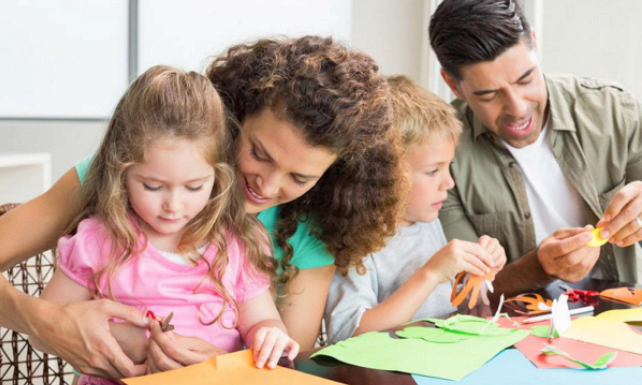
The research about how to build emotional resilience in children is very clear. In order to give children the best chance at being able to manage their emotions when life throws them challenges, we must support them with their emotions when they are little. And the context in which children learn to manage themselves is the relationship they have with key adults in their lives. In this way we teach them to develop healthy internal resources and positive relationships, rather than rely on external resources, such as drugs, alcohol, self harm, or fall into depression or anxiety.
There is much to be learned from well established theories, research and evidence in the field of child development and interpersonal relationships. Most parents readily accept the idea of antenatal education. Somehow we can accept that we don’t know how to deliver a baby safely without some guidance. Yet this openness to being taught as parents gradually evaporates once the baby is born, and somewhere beyond the first few years it morphs into a sense that education about parenting is only required by those who are ‘failing’ in some way. The main qualification for parenthood is having been parented ourselves right? And so it is that, despite their burgeoning growth in recent years, courses aimed at parents still carry a stigma.
One option is to offer this kind of learning in a face to face group format. This has many advantages. But it is not for everyone and is resource heavy. Another way of bringing this learning to a wider audience, thereby normalising the concept of learning and development in parenting, is to offer it online.
This is precisely what the Solihull Approach have done. So far over 30 schools, plus hospitals and other organisations are now offering online courses to all parents/carers, and staff, with an unlimited user, 12 month Multi-User Licence (MUL). Even if a parent chooses not to take up the course they are getting the message that this is on offer to everyone.
What does it involve?
The Solihull Approach online course, ‘Understanding your child’, developed in 2013, replicates the content and structure of the evidence based face to face 10x2hrs group developed in 2005. It can be accessed via desktops, laptops, tablets and smart phones, and consists of 11 modules which take around 15-20 minutes each. There is a voiceover (optional) using both male and female voices, a notebook for recording personal reflections, and quizzes and videos to aid learning.
The course is careful not to tell parents what to do. It makes the assumption that understanding the communication behind behaviours enables us to make appropriate choices about the best way to respond in a situation, that is tailored both to this child and to managing our own emotional state. It is also careful to translate potentially complex theories into easily accessible ideas by avoiding jargon and using examples. There are virtual families who respond to questions posed, thus giving parents the experience of learning alongside others. These responses are based on typical responses given by parents in the face to face groups.